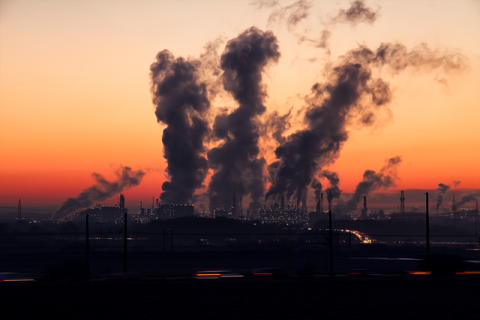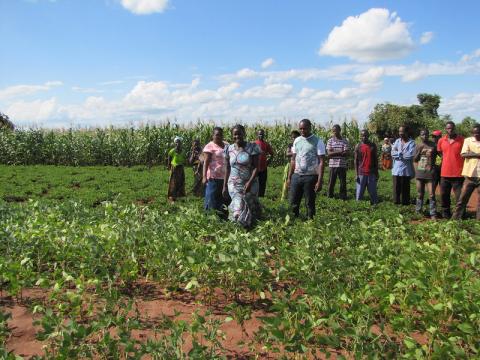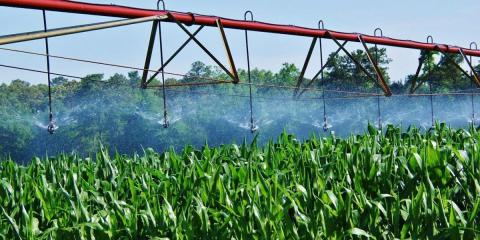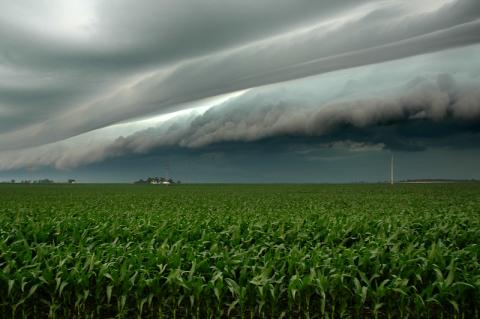No one wants to live near a toxic plant. Toxin-releasing facilities such as paper, pulp, and other manufacturing plants negatively affect human health, environmental quality, and property values. And communities with low income, low education, and minority populations are more likely to house such facilities.
Since mandatory reporting about toxic facilities became publicly available in 1990, affected communities have increasingly expressed concern through the media, and engaged in targeted collective action and “toxic torts” lawsuits for health and environmental damages.
New research from University of Illinois explores the effects of community pressure on the relocation of toxin-releasing facilities.




